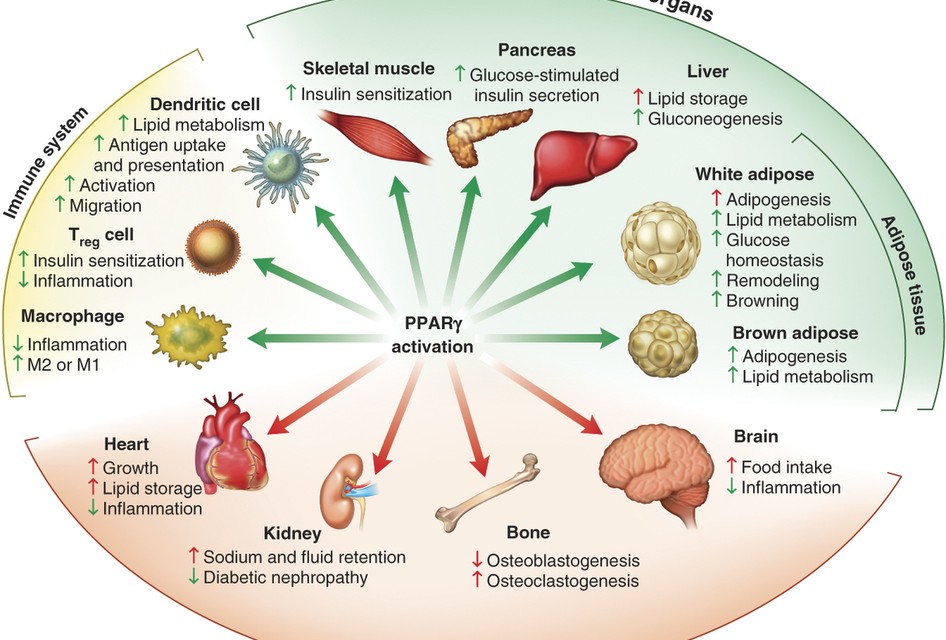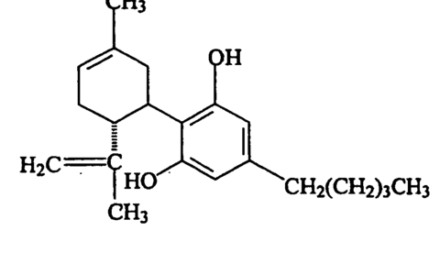By Adrian Devitt-Lee and Martin A Lee
There is growing interest among medical scientists in the gene-regulating properties of cannabidiol (CBD), the non-psychoactive plant cannabinoid. Researchers at the California Pacific Medical Center have shown that CBD reduces brain cancer and breast cancer cell proliferation and metastasis by inhibiting the expression of the ID-1 gene. ID-1 expression is implicated in several kinds of aggressive cancer.
In 2012, Israeli scientists identified more than 1,200 genes affected by CBD. Some 680 “gene transcripts” were upregulated (“turned on”) by CBD and 524 were downregulated (“turned off”). The probe focused on CBD’s role in maintaining the right amount of zinc within cells (zinc homeostasis).
In the same study, THC was found to regulate 94 genes. “The results show that CBD, but much less so THC, affects the expression of genes involved in zinc homeostasis and suggest that the regulation of zinc levels could have an important role through which CBD may exert its anti-oxidant and anti-inflammatory effects,” the researchers concluded. Read more in O’Shaughnessy’s.





